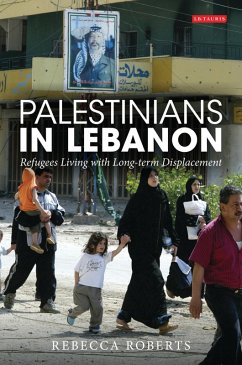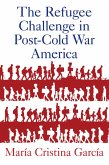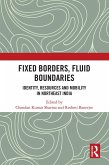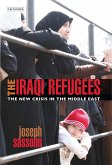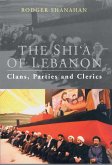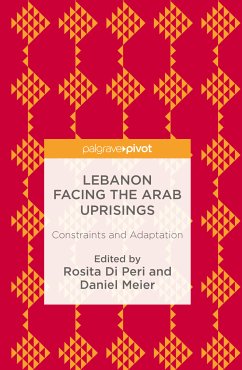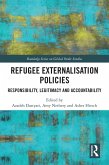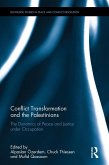Palestinian refugees in Lebanon refer to themselves as 'the forgotten people'. Sixty years on, tens of thousands still live in temporary shelters, in overcrowded unsanitary camps where unemployment and poverty levels are high. Denied basic human rights, they are neglected by the humanitarian community, ignored by the international media. This pioneering book explores the experiences of the oldest and largest single refugee group in the world. Drawing upon comprehensive research in the twelve official refugee camps in Lebanon, the author examines the impact of protracted refugee status on the coping mechanisms developed by refugees. She identifies the lessons to be learned from the refugee experience in Lebanon and and the implications for other refugee groups in different parts of the world. Palestinians in Lebanon provides a long overdue account of one of the most neglected refugee communities in the world.
Bitte wählen Sie Ihr Anliegen aus.
Rechnungen
Retourenschein anfordern
Bestellstatus
Storno

